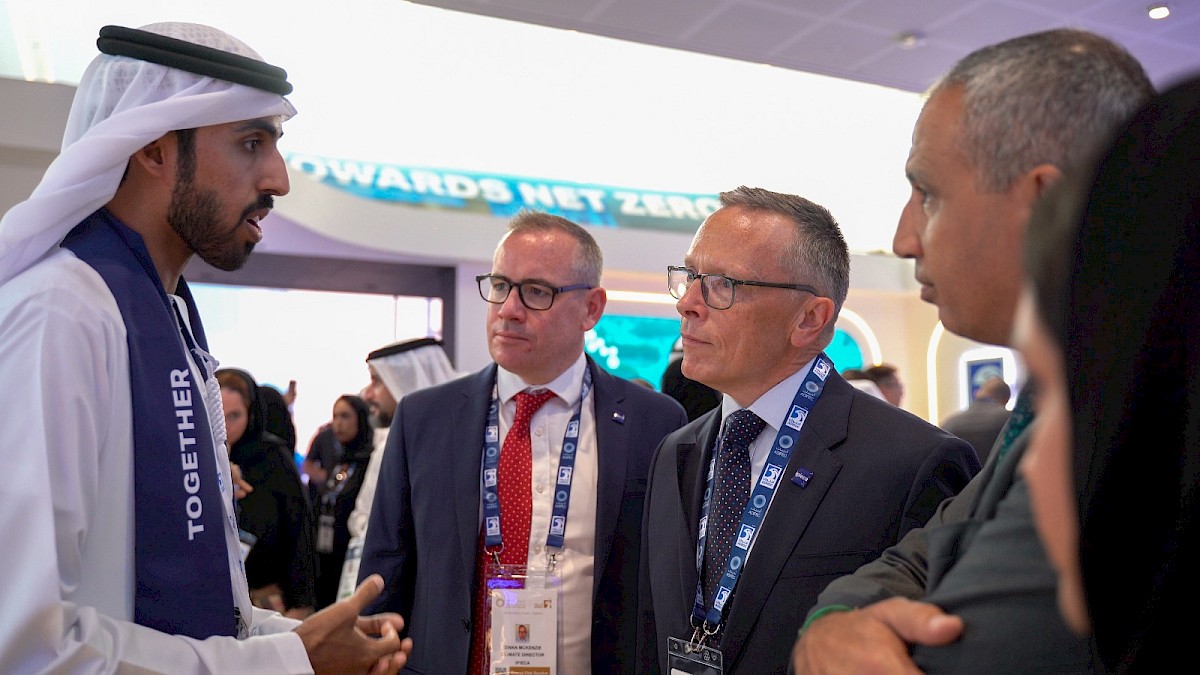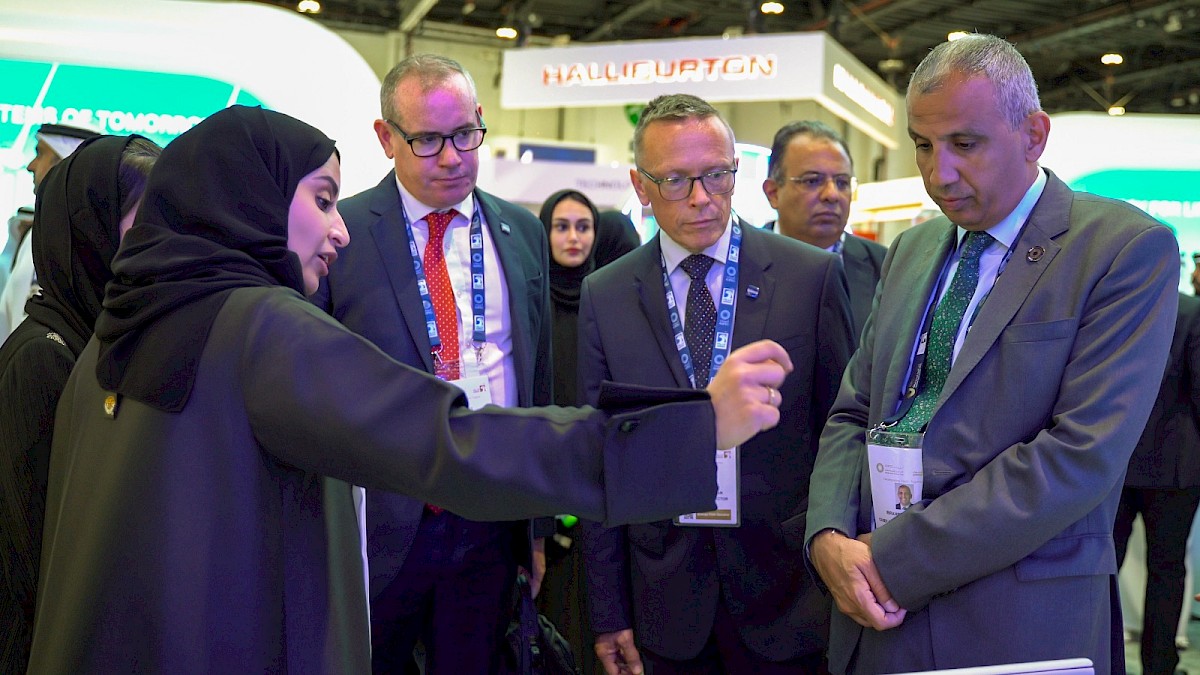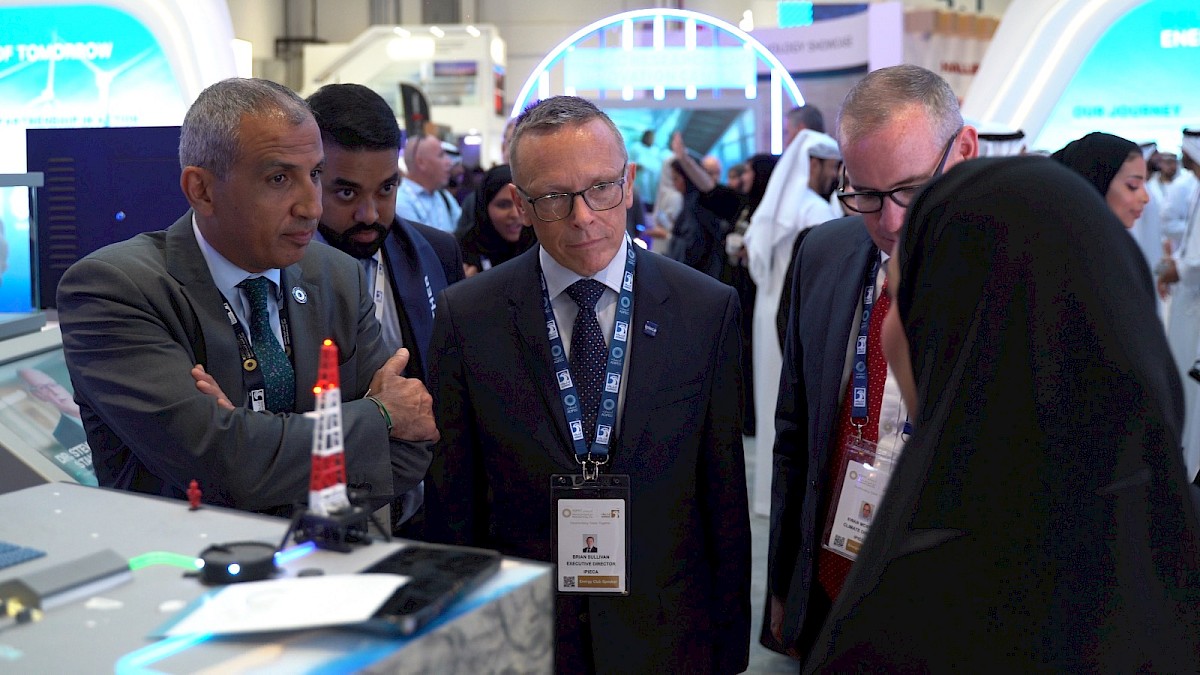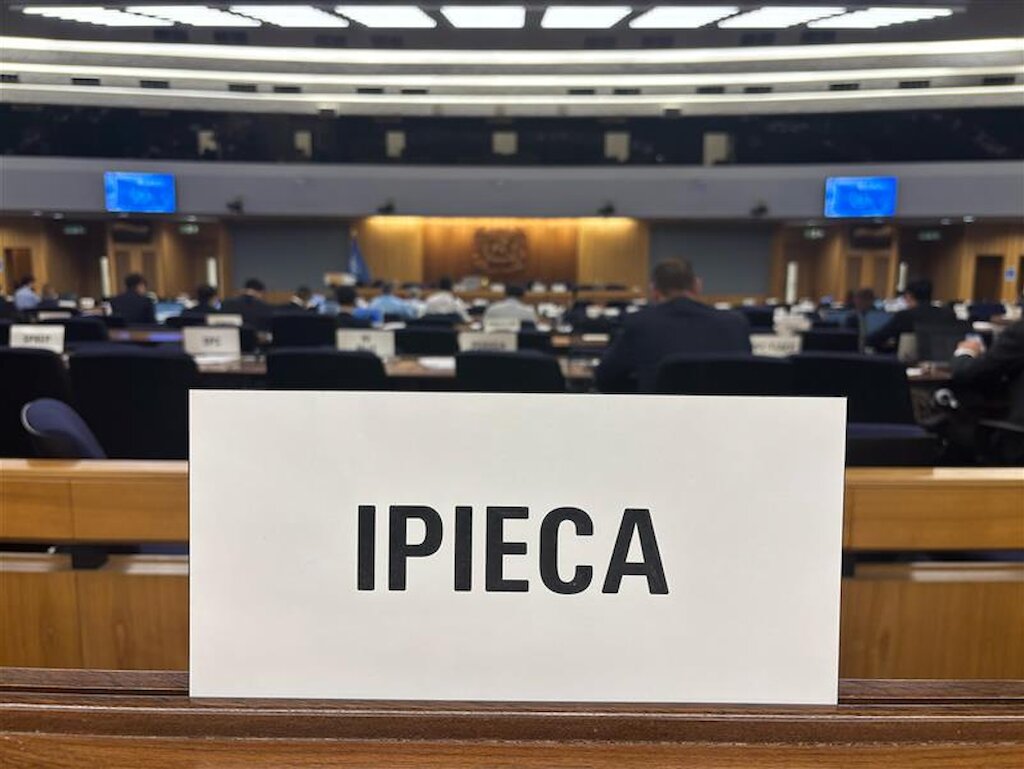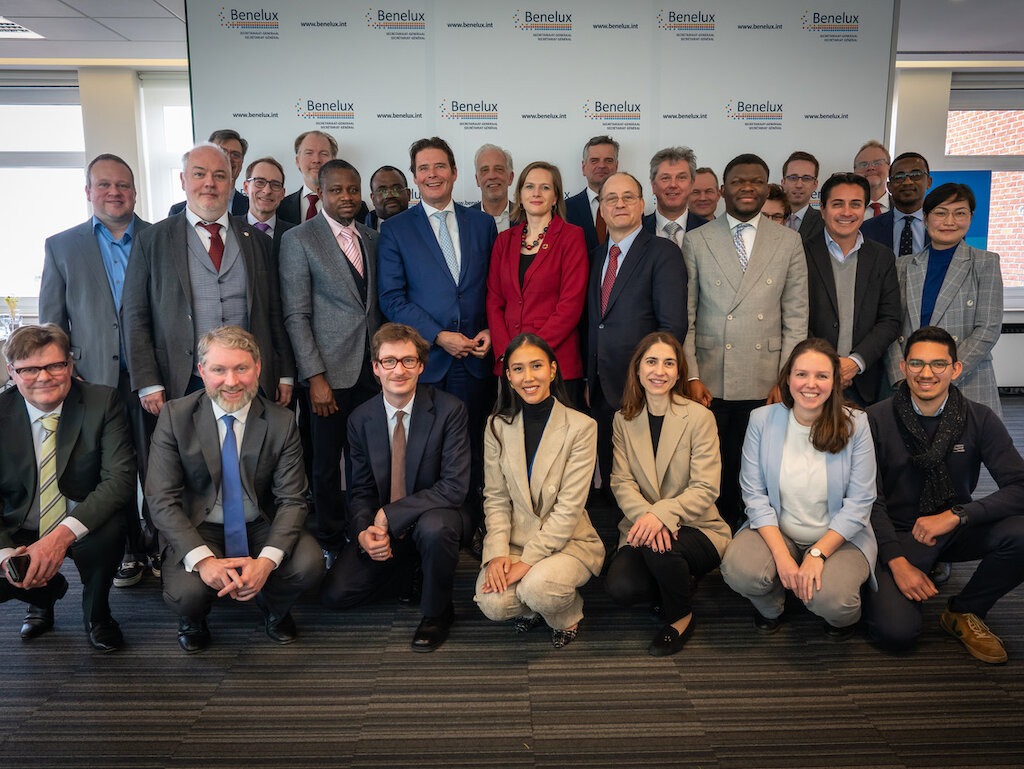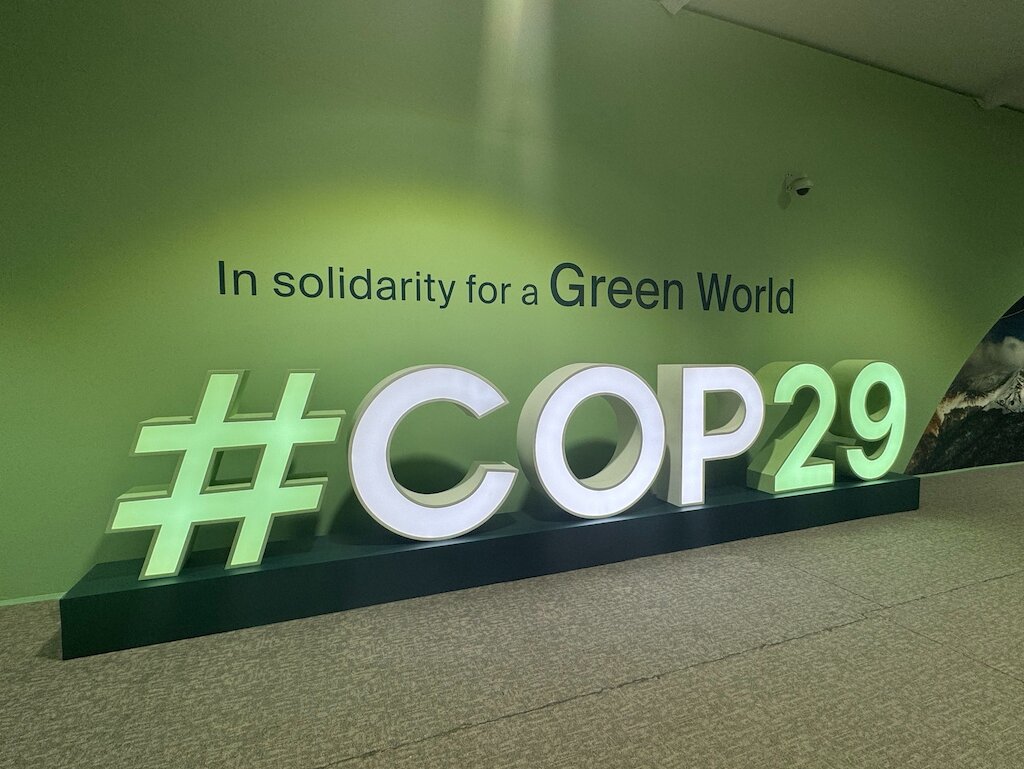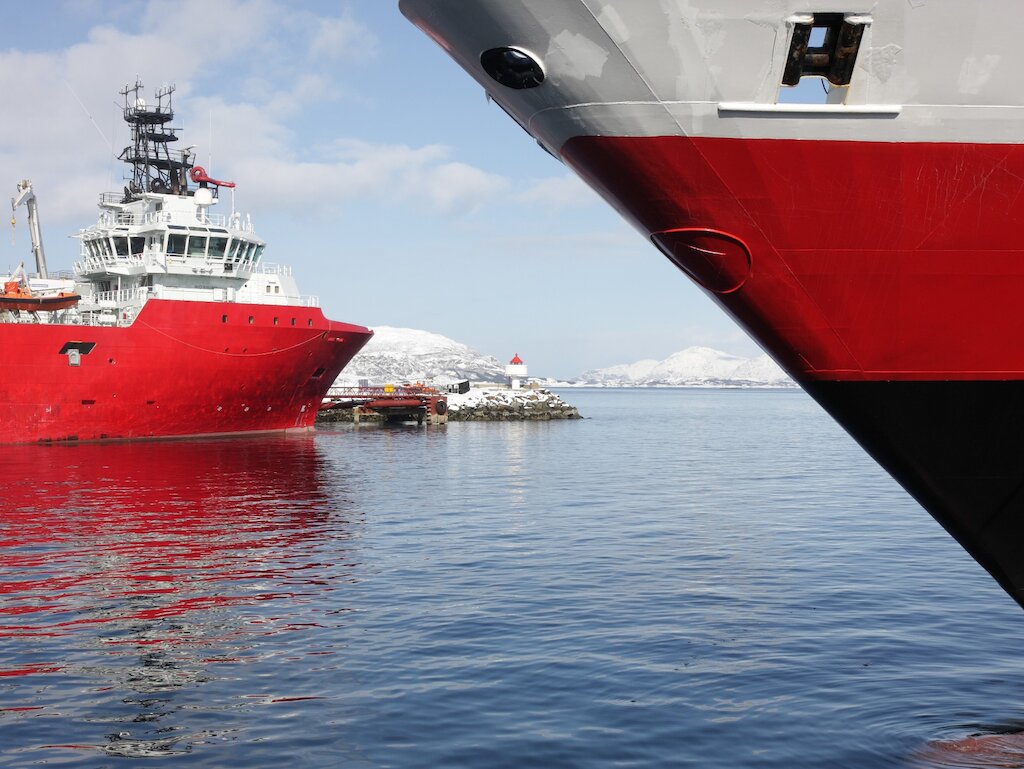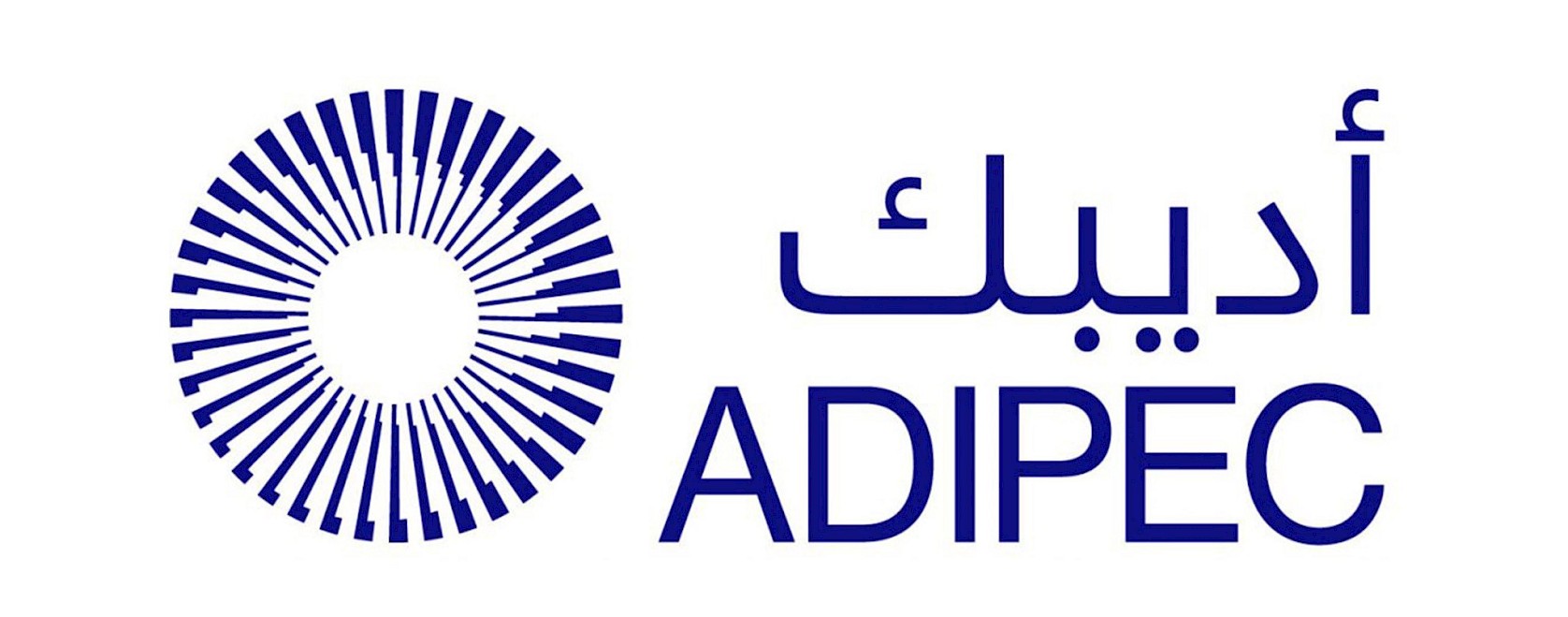
Mainstreaming climate and sustainability issues
ADIPEC 2023 was very different. It is a huge understatement to say a lot has happened in the intervening 9 years since Paris and COP21. I won't go into it now, but it would be fair to say that sustainability and climate in particular is firmly in the mainstream for the oil and gas industry, covering the individuals at the top, the leading companies, and the leading initiatives and associations. With COP28 hosted by the United Arab Emirates, chaired by the CEO of ADNOC, it was essential that ADIPEC 2023, taking place a few weeks before the UN conference in Dubai, addressed the relationship between the oil and gas industry and climate action head on. That is exactly what happened. The headline theme of the conference was ‘Decarbonising, Faster, Together’ with ADNOC CEO Dr Sultan Ahmed Al Jaber setting the tone with his opening speech stating the energy industry ‘can and must help drive the solutions’. This was reflected in the conference programme, which was exciting enough for me, and the exhibition, which in many cases blew my mind.
Turning ambition into action
The conference programme was packed with high level discussions on climate change, the energy transition, and actions to decarbonise emissions associated from the production and use of oil and gas. The discussions I encountered were a balance of ambition and practicality, with the common objective of inspiring accelerated and impactful action not just to show the industry is part of the solution, but to deliver its contribution to the solution.
Showcasing decarbonisation tools and solutions
The exhibition is where all the talk in the conference rooms turned into action. All the major oil and gas companies used their stands to highlight the actions that are already under way, consistent with the conference theme. They were all impressive, but I would like to single one out for a special mention, not surprisingly the ‘home team's’ pavilion ADNOC.
I was lucky enough to be guided through the ADNOC stand by its Chief Sustainability Officer Ibrahim Al-Zu'bi, accompanied by Ipieca Climate Director Ewan McKenzie. The pavilion showcased a wide range of decarbonisation actions under way, all of which are happening now and all of which are scaling up. This included CCS, electrification of onshore and offshore operations, investment in renewables at scale and internationally, geothermal cooling to reduce electricity consumption from air conditioning in large parts on the city, and use of technology to accelerate the implementation of nature-based solutions. If you wanted some proof points for the action industry is taking, this was a one-stop shop. I'm wondering how we can get a wider audience to see this and the other actions the industry is scaling up. The conference showed not only what is happening now, but also the art of the possible. COP28 could and should be the platform for the industry to show the wider world the role it has to play in supporting a net-zero future which leaves no one behind.
So I'm heading home from ADIPEC 2023 inspired by not just what I've seen and heard, but also how it demonstrated the industry is working hard to decarbonise, faster and together.
